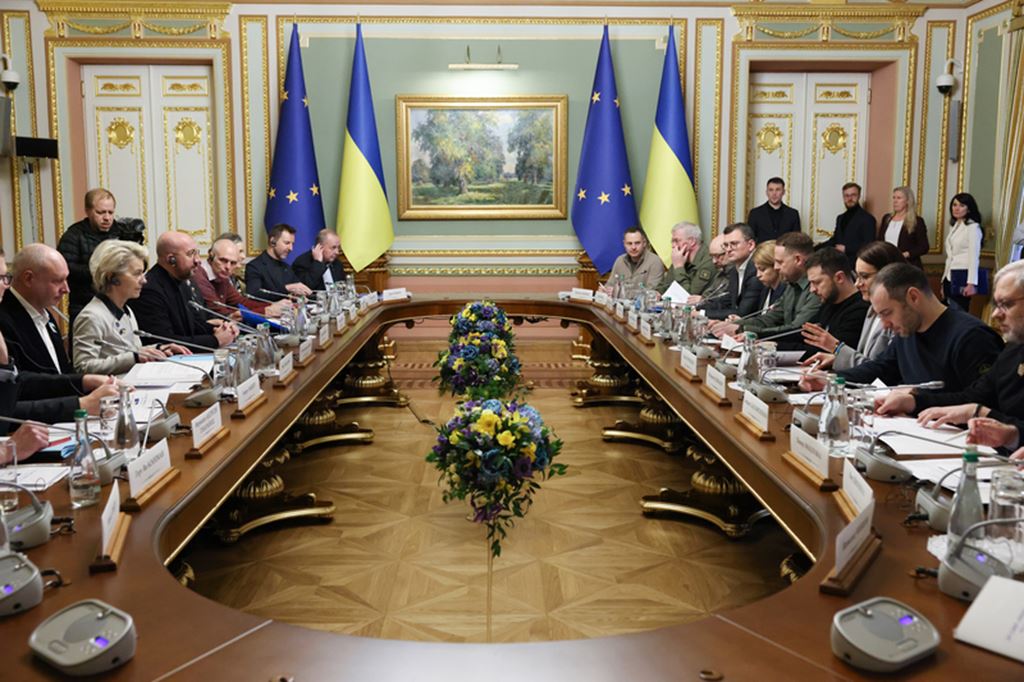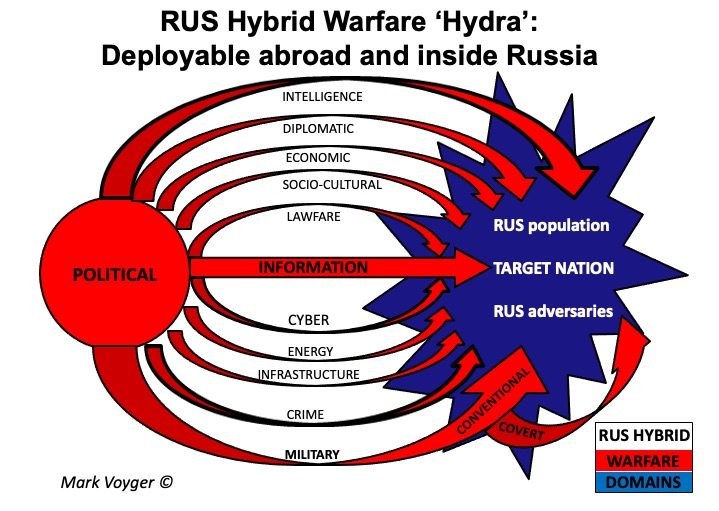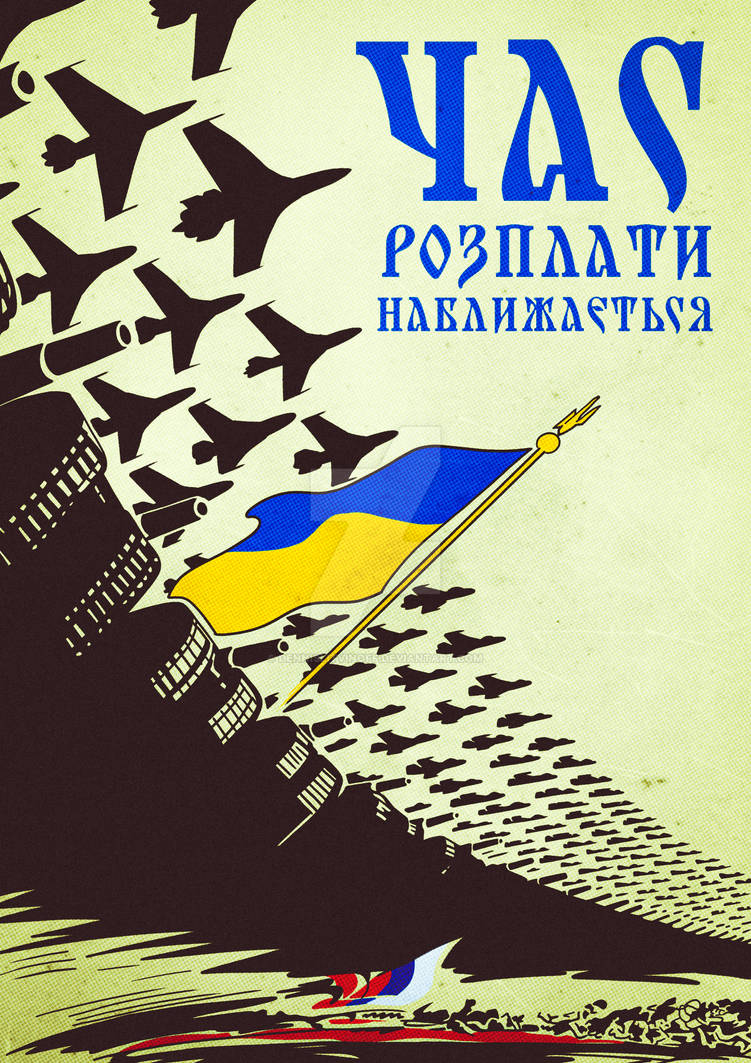Volunteering dies out as community grows from small town into big city, just like baby teeth fall of as a person grows
Take a village or a small town (5k people something), there are hardly enough people to for a town this small to function as a community so everyone there is valuable. Towns only doctor, mechanic and grocer are self-explanatory, but in a town this small even a local village idiot who only does stupid shit is valuable as a source of entertainment as without him there will be none.
In a town like this every person lost is a significant material loss. Regardless weather person died or moved to real city, the function they used to fulfil is no longer fulfilled and everyone loses as a result.
That is why in small towns people volunteer to help each other out. That keeps people happy and prevents them from leaving for a better place. Just as much as you help out others, one day you yourself will need help and they in turn will be there to help you out. You both benefit from this arrangement. That is just how life in small towns is.
In big city is polar opposite. There are plenty of people to do all sorts of work or fulfil any role community could possibly need or want. If a city doctor dies the city will not go without healthcare as there are plenty of other doctors to fill the void. If anything, other doctors will be happy that there is no competition, and they will make more money. Village idiots are handled by police as there is real entertainment and we do not want any disruptions of our peace.
In big city everyone is replaceable and no one will miss you if you are gone (moved out or dead). Sure, we mourn dead in cities, but it's more of a social obligation then a real tragedy. What is valuable is not a person but their possessions. That is why inheritance battles are so fierce.
City is not short on people but short on space, assets and such. A nice home and a piece of land in a good location is an asset so valuable people will literarily kill each other over it. In a small town no one will care if you just build your home on some empty spot next to someone, they will even help you build. However, in cities every piece of land is already owned by someone and used in certain way. If you want any you have to pay.
People in cities do not help each other precisely because other people are not an asset that makes community, but competitors for that limited space and resources that are still available. The bigger the city is, the more nuisance other people are. That is why people call NYC rotten apple or a saying that Moscow does not believe in tears. It's a concrete jungle.
Many other things, including political views and even birth rates do stem from this basic reality of life in the country or city. Country people have more kids precisely because they have both spaces to populate and community to build, thus every new member is an asset rather than liability. On the other hand, city dwellers who struggle to afford housing do not breed. If they themselves have no place to call their own, where their kids will go. It's not a psyop or Zionist Masonic Illuminati conspiracy to displace White people, just a simple socio-economic reality.
This development is unidirectional. Country will always want more services and better community and that means more people. Because of that they will always breed and attract immigration. Their towns will grow into cities. As they grow, they will undergo changes in the way people function and see themselves and society around them. That is why once town reaches certain size, volunteering gradually disappears as new reality makes it unnecessary.
In the same way people who grew up in country can move into city but people who grew up in city cannot move into country. They can move into smaller city, but not that much smaller than where they originally from. City provides certain level of support for every inhabitant and people cannot reasonably function without it. Pol Pot experiments in Cambodia clearly show us that.
Since people's minds are reflexive, they tend to keep the same thinking pattern they established in their youth. Such conservatism is suitable in stable community, whose size remains the same, but if the town of 100k grew into 2m city as you grew older, then it's far too outdated. We have so many disagreements between different generations precisely because life changed a lot compared to 60 or 40 years ago. Old ways no longer work, yet old people still push them onto young people. That will not end well.
Humans breeding or not comes not from wealth, education, tech development, and such but from a simple fact of availability of space. When space to populate is available humans instinctively breed more, when it's all full no space left, humans do not breed. People who spam twitter with population decline tweets should instead figure us out Planet Two because without it birth rates will not go up.





